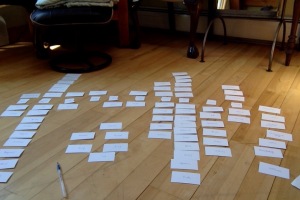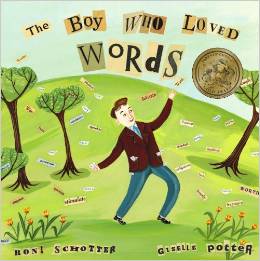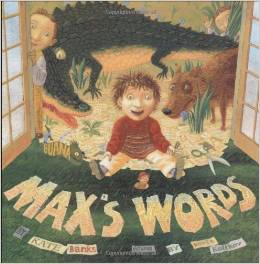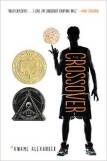I have gratitude coming out the ears! For my good health and that of my family, for a family that is loving and funny and compassionate and interesting, for a roof over my head and food on our table, for a career that I love and friends that fill me up, to live in a peaceful place and have clean drinking water and freshly grown food, and so much more.
I am also grateful for my love of writing. And I am grateful to so many other writers who have helped me learn and grow as a writer, supported me through the ups and downs of this mostly solitary endeavor, and shared of their knowledge and of themselves selflessly to help me and other writers. Some I know personally, others I have never met and they likely don’t even know the impact they have had on me. I have been writing children’s stories for 12 years, but have been a writer since I picked up my first crayon. So the list of thanks is long, and I am going to attempt to thank as many as I can.
Before I do that, in a minuscule effort to give back all that I have received, I am offering a free picture book manuscript critique to the first 5 writers that leave a comment. I ask that you also share this post on Twitter or Facebook or your personal blog and, if you don’t already, please sign up to follow my blog. Please include an email in your comment so that I may contact you directly if you have won a critique.
Without further ado, in no particular order, the thanks go to…
Emma Dryden of drydenbks for helping me see the gold amidst the dust and for her never-ending support and encouragement. My life is enriched since I met you, Emma.
Julie Hedlund of 12×12 picture book fame for connecting me with other writers and literary agents. Your energy is tireless, Julie.
Katie Davis for sharing her vast knowledge on book marketing, blogging, making book trailer videos, and general all around sharing of her broad knowledge of the children’s publishing industry. You are a techno whiz.
Tara Lazar and her PiBoIdMo for creating a time and space each year during which I have generated and stockpiled boodles of ideas for picture books. You inspire me, Tara.
NESCBWI for creating the most supportive community of children’s writers, editors, agents, and children’s book enthusiasts. Without NESCBWI I wouldn’t know one fraction of what I know today about writing books for children, and I wouldn’t know half the amazing writers that have touched my life.
Troon Harrison for being my first formal teacher in the field of children’s book writing, through the Institute of Children’s Literature. You were a brilliant mentor, Troon.
My many critique partners over the years who have nurtured me as a writer and guided me through every manuscript I’ve birthed. I absolutely could not have done it without you.
Kate Feiffer for being my second formal teacher in the field of writing picture books and for her steadfast camaraderie. You are so creative, Kate.
Sharon (Patterson) Magill for being the most influential and encouraging English teacher I had in high school and, while being very frugal with her As, was the first teacher to recognize my writing voice.
All of the published picture book authors I have written to with a question along the lines of, “How do you do it?!” and wrote me a helpful, kind response (Aaron Reynolds of Creepy Carrots fame, Mark Fearing whose Great Thanksgiving Escape is a perfect book for today, Bruce Coville whose Unicorn Chronicles on audio entertained my family for many a road trip, Brenda Sturgis for being the first to entice me to try rhyme, and Kelly Bingham who helped me understand about matching text to illustrations).
Janet Lawler who graciously gave feedback on my first ever attempt at writing in rhyme, and taught me that meter is everything. Your kindness will never be forgotten, Janet.
Emma Walton Hamilton for her simple, sound advice spelled out in her regular emails. I have a file of your suggestions, Emma.
Elaine Kiely Kearns and Sylvia Liu for their informative KidLit411 website and updates on writing contests and Twitter pitches. You’ve expanded my horizons, Elaine and Sylvia.
Jay Smith of The New School for giving me the space to write and for being my first editor when I was 10 years old.
My son for his inspiration.
My students for being so curious, funny, and astute. I have snatched many real life quotes and character traits from you for my stories.
My husband for his constant support, understanding, encouragement and occasional editing skills.
All of my friends and family who know not to call me on Fridays when I have a precious full day to write!
And I’m sure I have left out many others for which I am deeply sorry.
I send you all a heartfelt, deep nod of gratitude. Without you my writing life would be empty and perpetually fledgling. With you, I have grown exponentially. Thank you, thank you, thank you. May you, too, be filled up with love, good health, good friends, and inspiration.
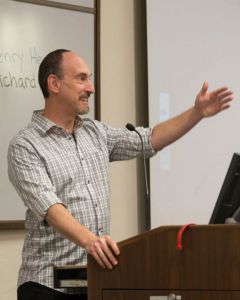
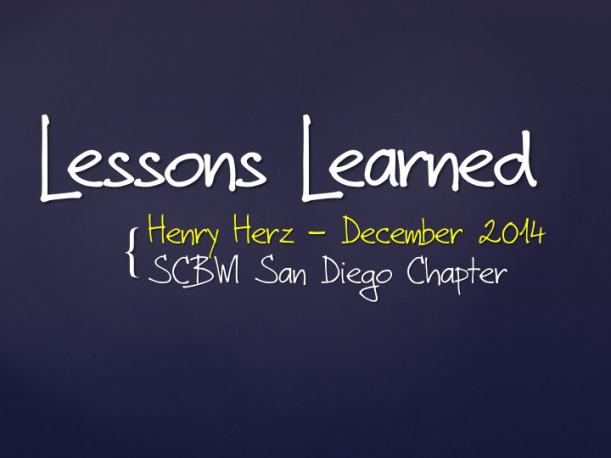
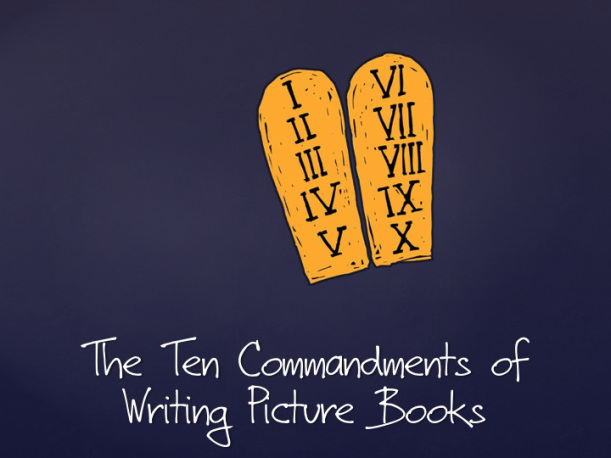
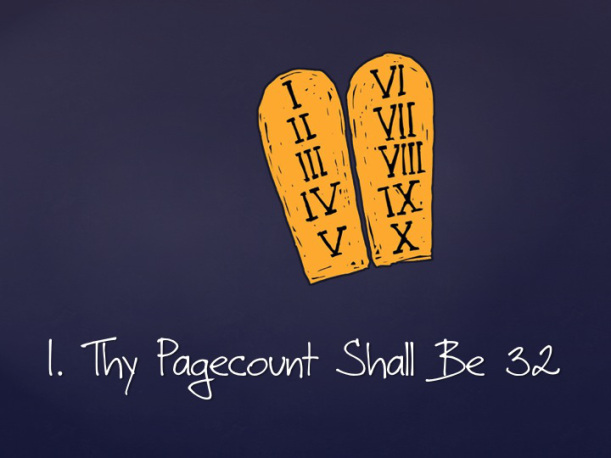
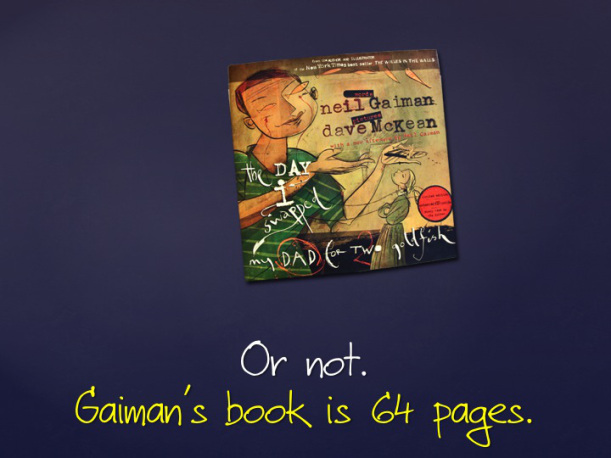
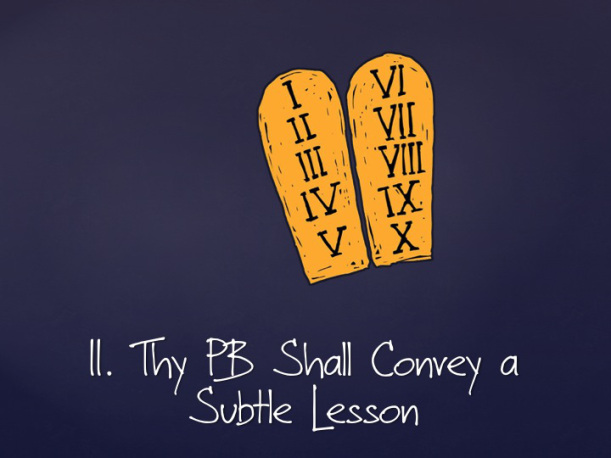
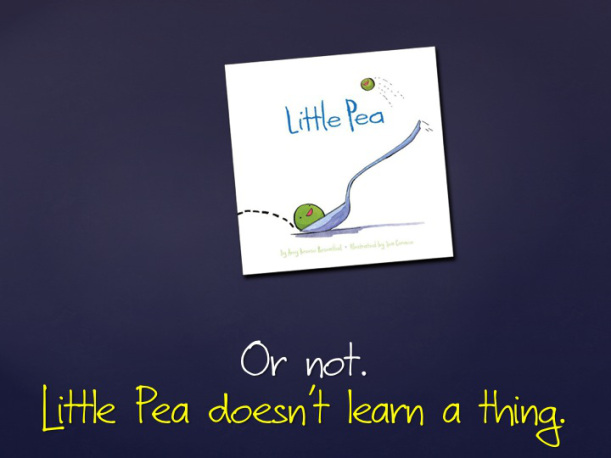
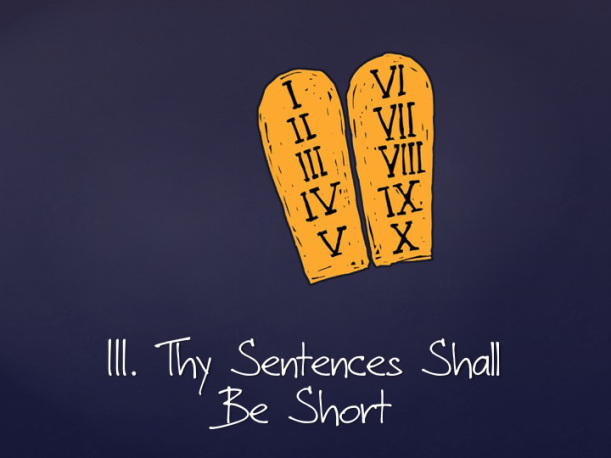
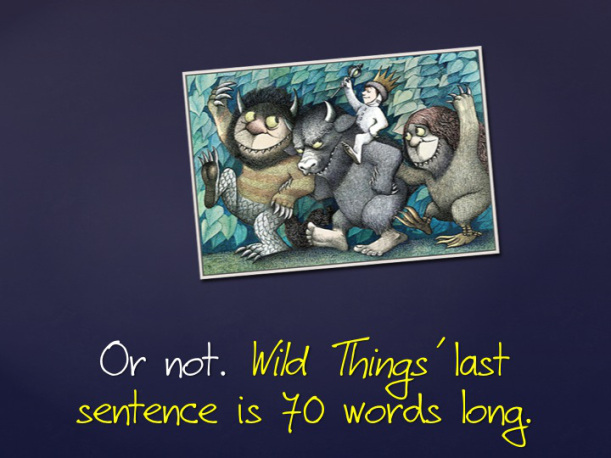

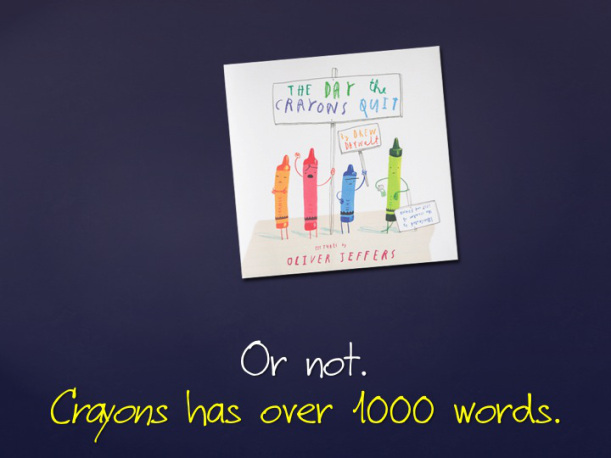
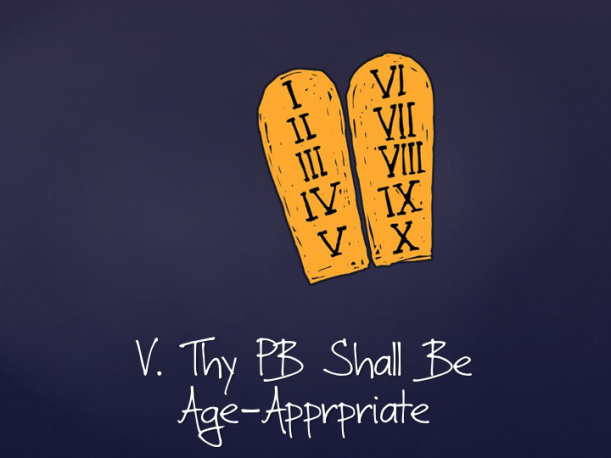
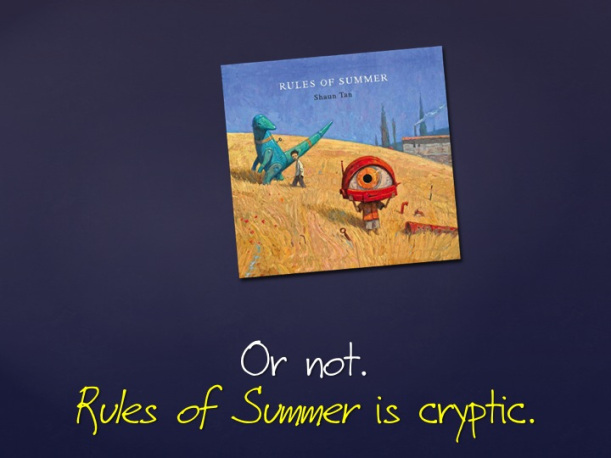
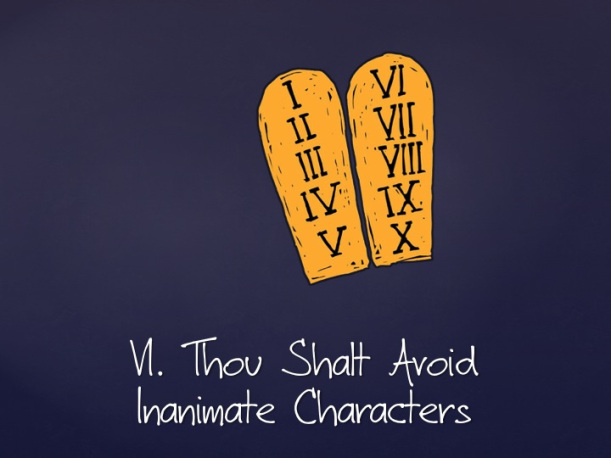
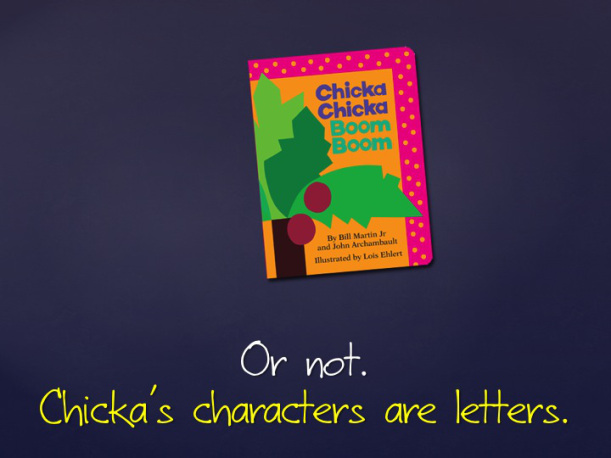
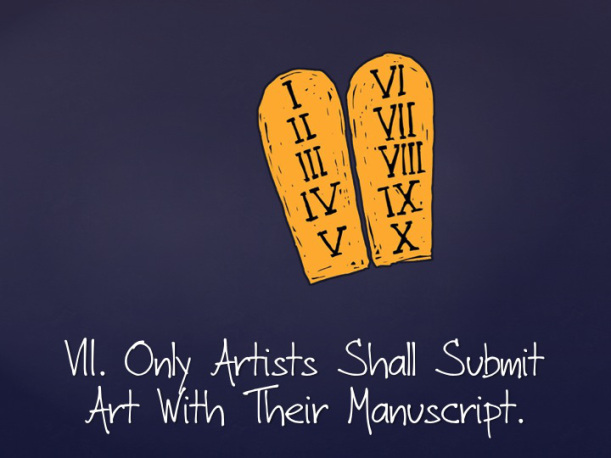







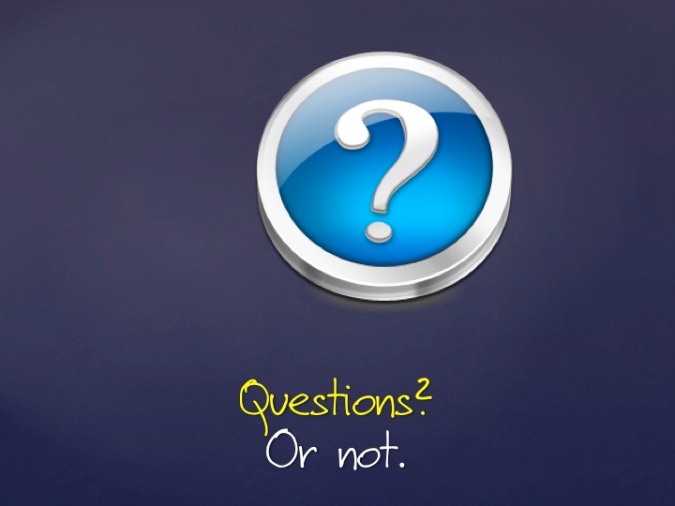











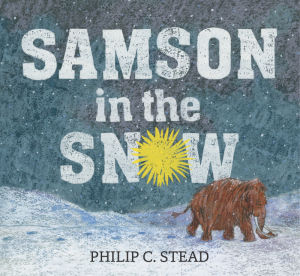
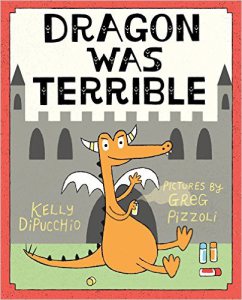

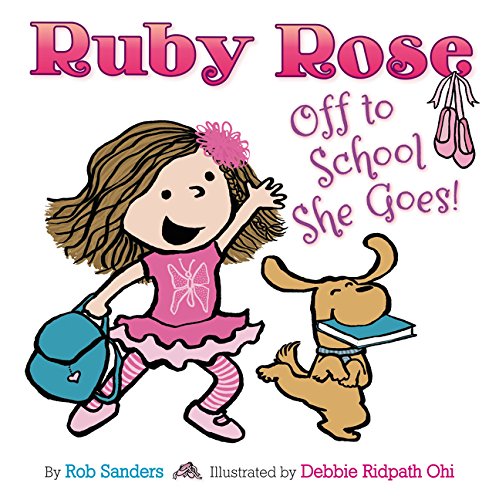

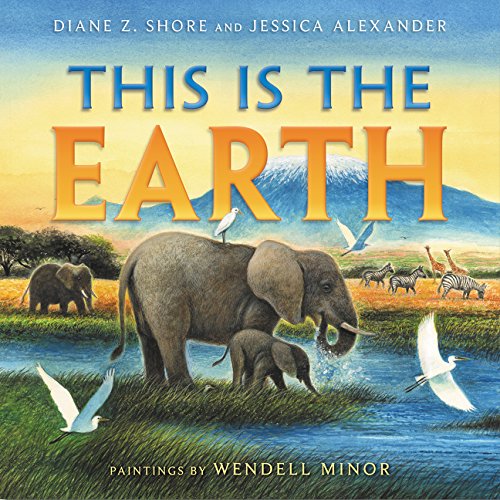

















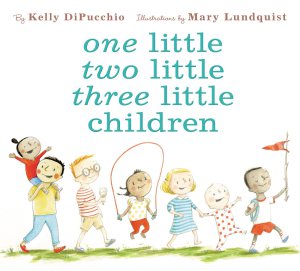


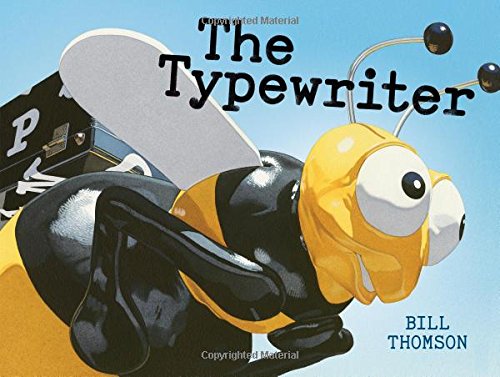


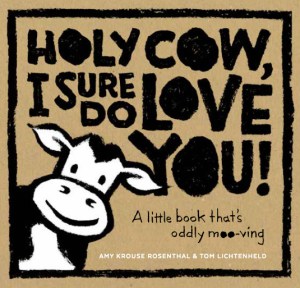





















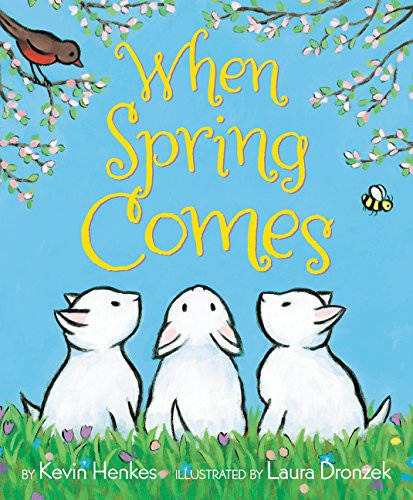

























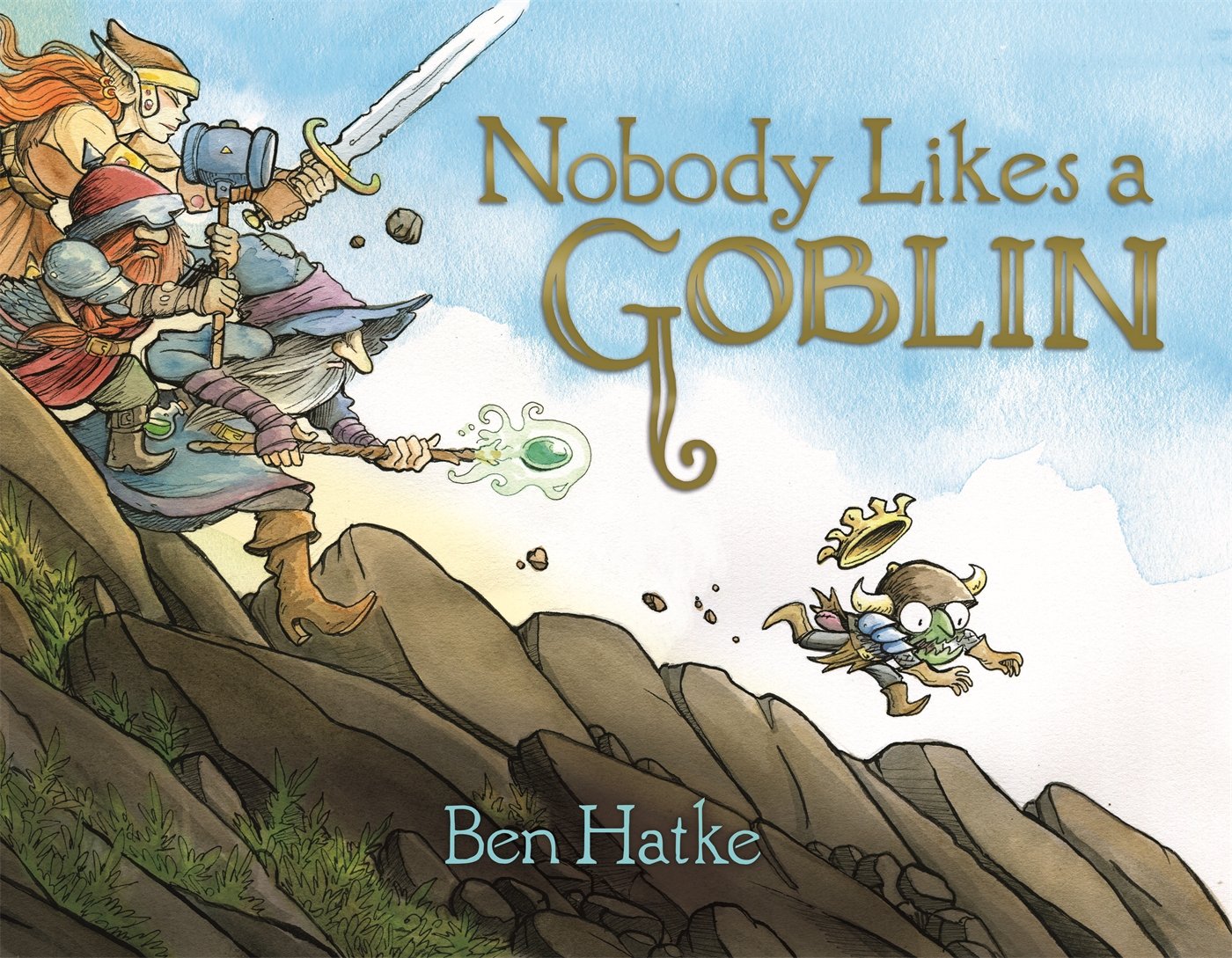







































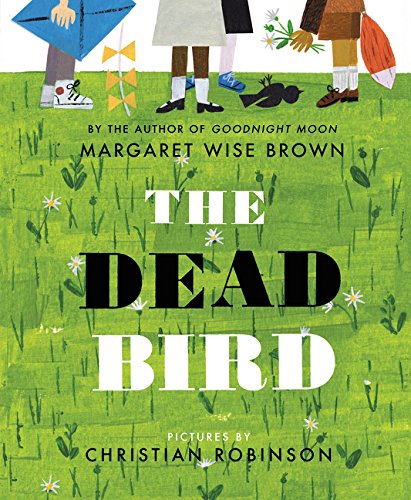


















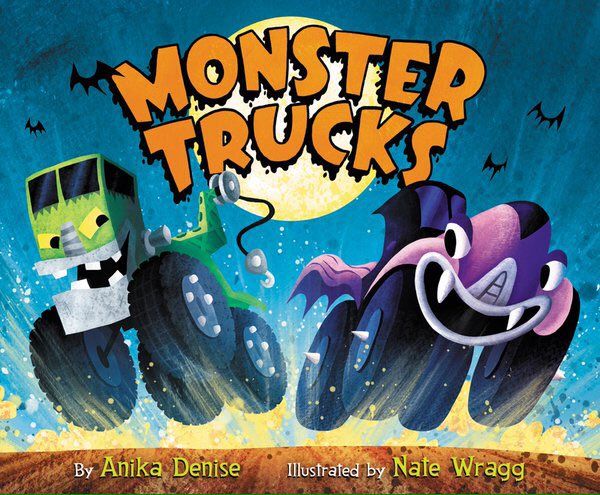

 Be on the lookout for….
Be on the lookout for….